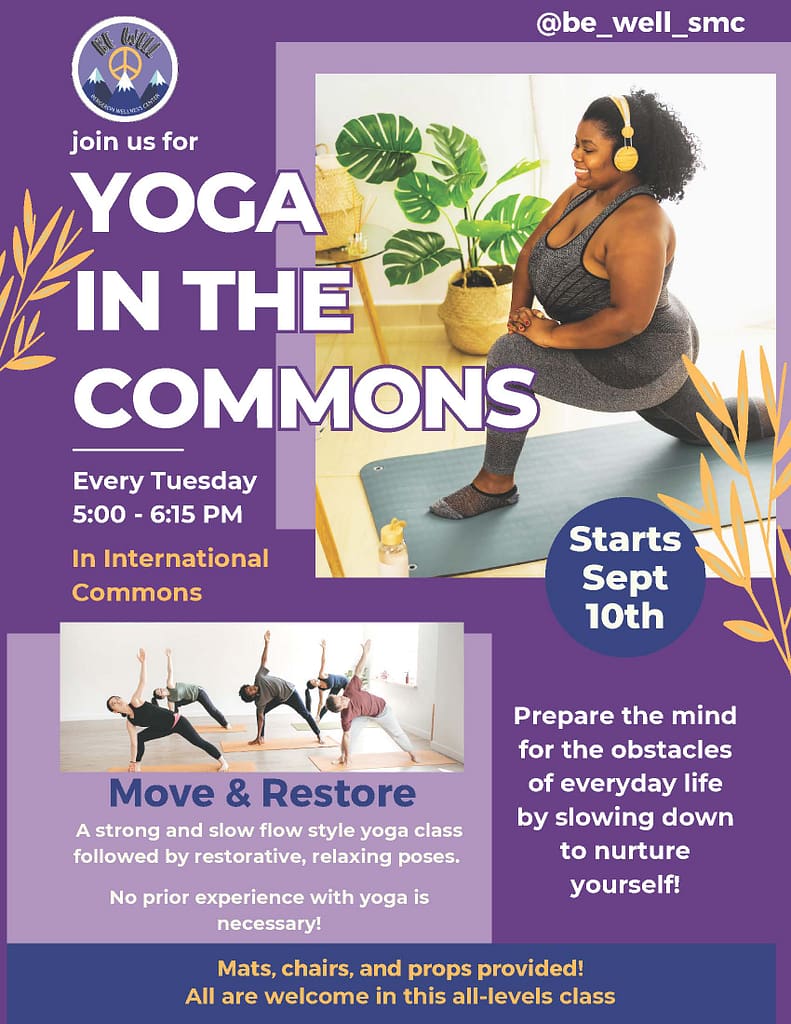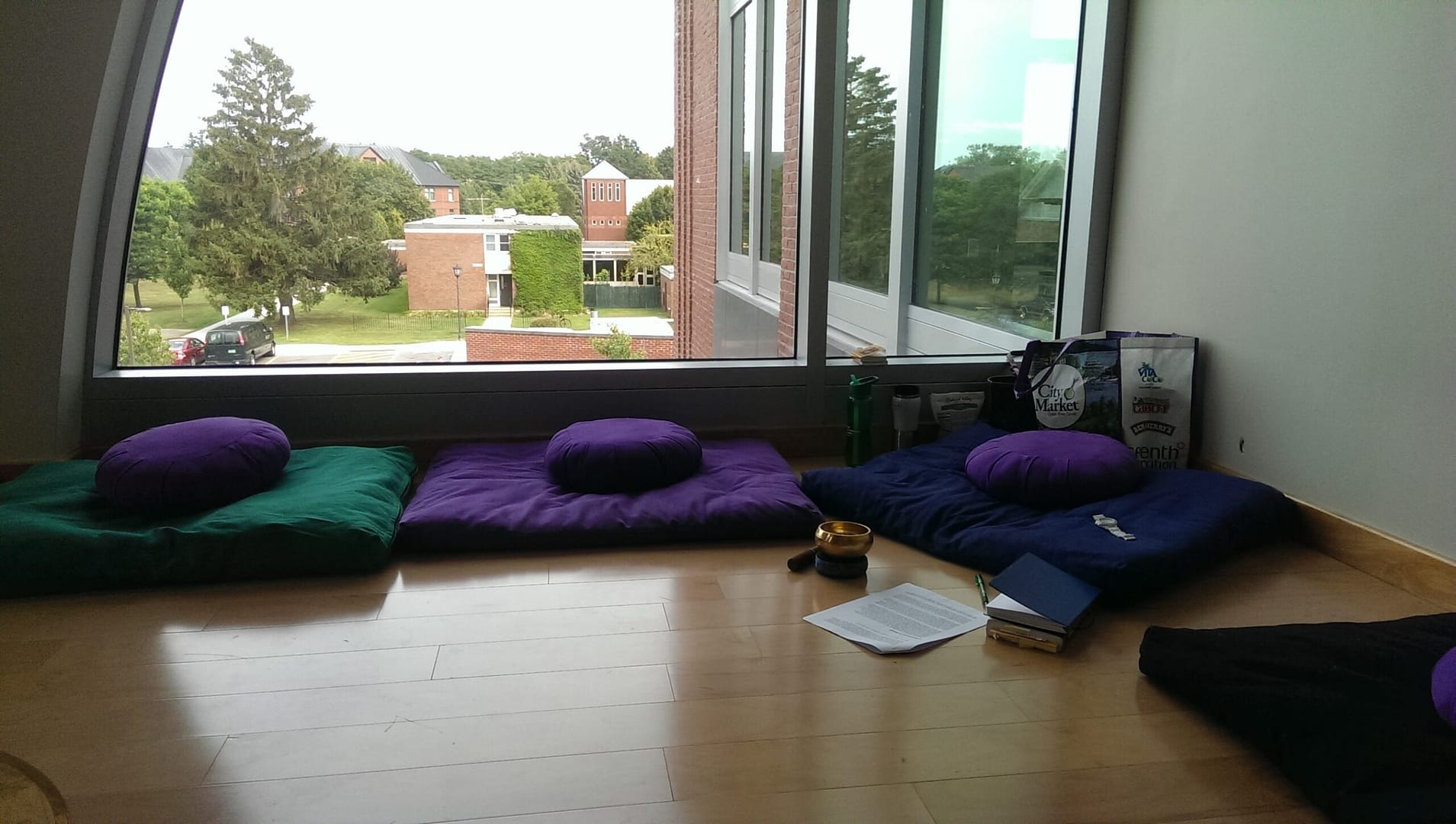Have you ever wondered what unlocks the untapped potential within us? For many, the journey begins with mindfulness meditation. This age-old practice is increasingly recognized for its ability to enhance various aspects of life, from concentration to emotional well-being. Whether you’re a prospective student navigating the challenges of academia, a current student searching for balance, or a parent trying to support your family’s needs, integrating mindfulness meditation into your daily routine could be transformative.
Understanding Mindfulness Meditation
Mindfulness meditation is a mental training practice that involves focusing your mind on your experiences in the present moment. This powerful method is rooted in Buddhist meditation but has gained worldwide popularity due to its adaptability and therapeutic benefits.
What is Mindfulness?
At its core, mindfulness involves being fully present and engaged in the current moment, without judgment or distraction. It encourages awareness of thoughts, feelings, and sensations, allowing individuals to experience each moment as it comes rather than getting caught up in past regrets or future anxieties.
The History of Mindfulness
Mindfulness originates from ancient Eastern cultures, notably within Buddhism, where it serves as a critical element of spiritual growth and enlightenment. Over time, this practice was adopted and adapted by Western cultures, with figures like Jon Kabat-Zinn pioneering mindfulness-based stress reduction programs in the late 20th century.
The Science Behind Mindfulness Meditation
Scientific research increasingly supports the mental and physical health benefits of mindfulness meditation. Researchers have found that consistent practice alters brain structures and functions, paving the way for improvements in various cognitive processes.
Cognitive Benefits
Studies indicate that mindfulness meditation can enhance attention, improve working memory, and increase cognitive flexibility. These changes are attributed to alterations in the brain’s connectivity, particularly in regions associated with executive functions like decision-making and emotional regulation.
Emotional and Physical Benefits
Mindfulness meditation doesn’t only cater to the mind; it influences the body too. Practicing mindfulness is associated with reduced stress, lower levels of anxiety and depression, and improvements in emotional health. Physically, it can lead to lower blood pressure, improved sleep, and a stronger immune system.

How Mindfulness Meditation Unlocks Potential
Integrating mindfulness meditation into your life can unlock your potential in various ways. Whether you’re aiming for academic excellence, improved mental health, or simply a more fulfilling life, this practice has something to offer.
Enhancing Academic Performance
For students, mindfulness meditation can be particularly beneficial. It improves concentration, boosts creativity, and supports emotional resilience, all crucial for academic success. Emotionally intelligent students are also found to have better interpersonal relationships and are more adept at adaptive problem-solving.
Balancing Life Responsibilities
Parents and families juggling different responsibilities can benefit from the calming effects of mindfulness. By promoting patience, empathy, and deeper connection with oneself and others, mindfulness can ease the stress associated with multitasking and family life.
Career Advancement
In the workplace, mindfulness meditation can lead to increased productivity and better decision-making skills. Professionals who practice mindfulness are more attentive, have a more balanced control of their emotions, and can make more calculated, less impulsive decisions.
Getting Started with Mindfulness Meditation
Getting started with mindfulness meditation is simple and requires no special equipment or prior experience. Here is a basic guide to help you begin your journey towards greater self-awareness and personal growth.
Choosing a Practice
Mindfulness meditation can take various forms. Common practices include mindful breathing, body scan, walking meditation, or loving-kindness meditation. Choose one that resonates with you and suits your lifestyle.
Setting a Routine
Consistency is key to unlocking the benefits of mindfulness meditation. Start with a few minutes each day and gradually increase your practice time as you grow more comfortable. Dedicate a specific time and place to make meditation a regular part of your routine.
Practicing with Others
Consider joining a meditation group or community. Group meditation can enhance your practice through shared experiences, support, and guidance. Saint Michael’s College offers mindfulness meditation sessions, which are excellent opportunities to engage in collective practice.

Mindfulness Meditation at Saint Michael’s College
Saint Michael’s College serves as a hub for mindfulness meditation, welcoming individuals from diverse backgrounds to explore this enriching practice.
Regular Meditation Sessions
The college hosts mindfulness meditation sessions every Monday and Thursday. These sessions, free and open to everyone, create a space for individuals to practice and explore different forms of meditation in a supportive environment.
Engaging the Community
The college places emphasis on community and inclusion, encouraging prospective students, current students, parents, alumni, and faculty to participate. By fostering a culture of mindfulness, Saint Michael’s College aims to promote mental well-being and personal development among its community.
Building a Mindful Campus
Saint Michael’s College is committed to building a mindful campus that values the holistic development of its students and staff. By integrating mindful practices into its culture, the college seeks to cultivate an environment where individuals can flourish academically, socially, and personally.
Academic Integration
Incorporating mindfulness into academic programs, including lectures and extracurricular activities, enables students to apply mindful principles directly to their learning. This approach helps in cultivating a more focused, engaged, and empathetic student body.
Supportive Resources
The college provides numerous resources to assist individuals on their mindfulness journey. Access to meditation rooms, workshops, and seminars are among the many offerings designed to support the community’s mindfulness practices.

Overcoming Challenges in Mindfulness Practice
While mindfulness meditation has numerous benefits, it also poses challenges that practitioners may encounter along the way. Understanding these challenges is crucial for persevering in your practice.
Common Obstacles
Practitioners often face obstacles such as restlessness, a busy mind, or difficulty maintaining focus. These challenges are natural and part of the mindfulness journey. It’s important to approach these difficulties with patience and self-compassion.
Dealing with Distractions
Mindfulness challenges arise when distractions impede the ability to stay present. Techniques like returning focus to the breath or anchoring on a specific sensation can help reclaim awareness.
Cultivating Patience
Mindfulness is a journey rather than a destination. It requires ongoing dedication and patience, especially during difficult periods. Recognizing the intrinsic value of the practice itself—beyond the immediate benefits—can help sustain motivation.
The Impact of Mindfulness on Well-being
Mindfulness contributes significantly to enhancing overall well-being. By grounding individuals in the present moment and nurturing self-awareness, it lays the foundation for a healthier, more balanced life.
Stress Reduction
One of the most acclaimed benefits of mindfulness is its capacity to reduce stress. By promoting relaxation and decreasing negative thinking, mindfulness proves to be a valuable tool in managing stress-related conditions.
Boosting Emotional Health
Mindfulness encourages emotional awareness and regulation. It fosters resilience and clarity, allowing individuals to respond to emotions with greater wisdom and less reactivity.
Encouragement and Final Thoughts
Mindfulness meditation is more than a practice; it’s a gateway to deeper self-understanding and living a more meaningful life. Embracing mindfulness can be challenging at times, but the rewards it brings to your mental, emotional, and physical health are immense.
Making Progress
Remember, mindfulness is personal and non-linear. Progress may not always be obvious; celebrate small victories and remain patient with yourself through setbacks. Trust that with persistent practice, mindfulness can enhance your life in profound ways.
An Invitation to Begin
If you are curious or inspired to delve deeper, consider taking the first step with resources available to you, such as those offered at Saint Michael’s College. Mindfulness meditation awaits as a practice you can carry with you throughout your life’s journey, continuously unlocking your potential in unlimited ways.




